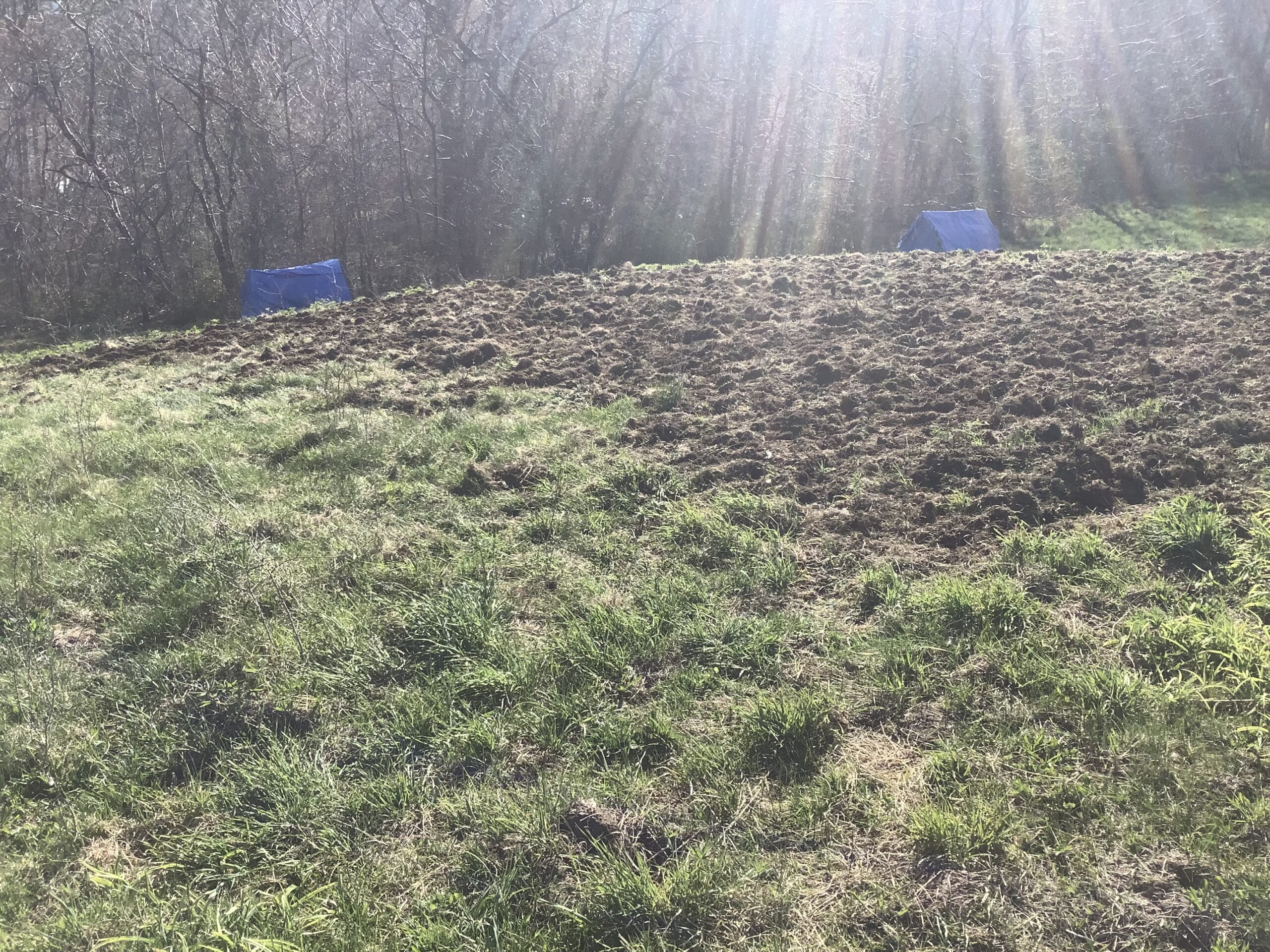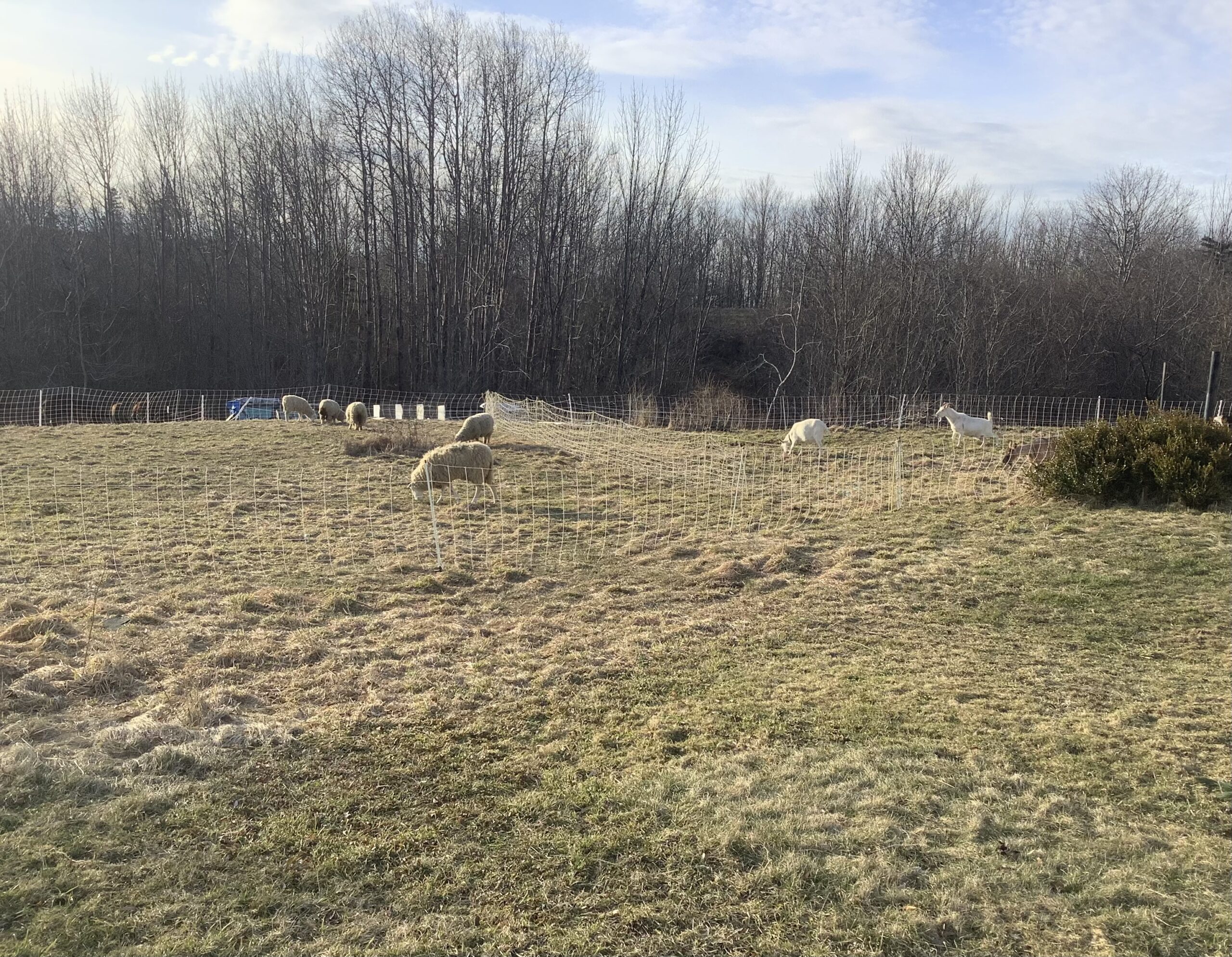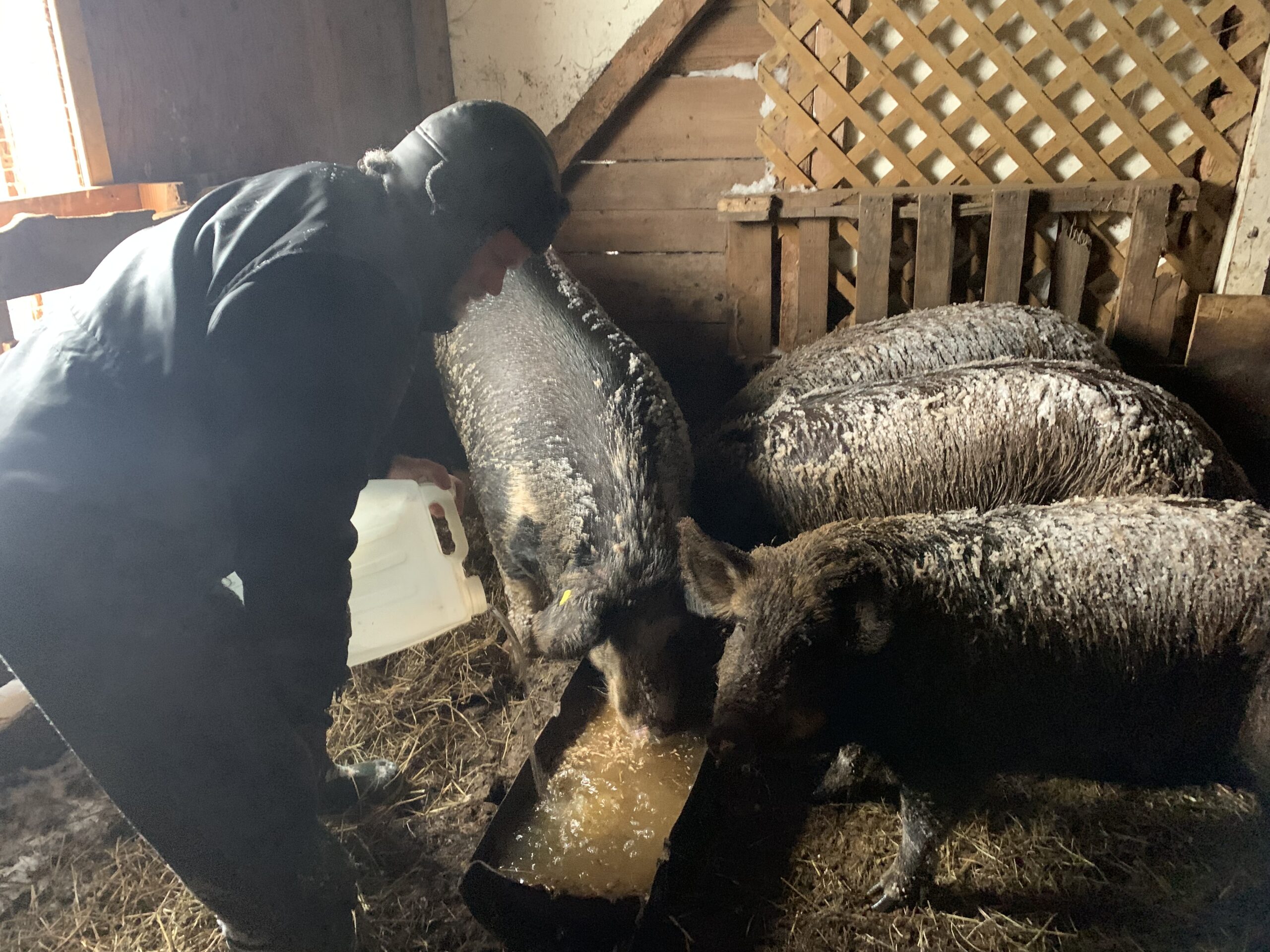
What We Do To Regenerate Grassland Pastures
When we moved our animals to the Barn Property on 31 Aug 2022 the place was burnt out hay fields being over taken by Lupines, Goldenrod, and other toxic and…
Continue Reading What We Do To Regenerate Grassland Pastures


